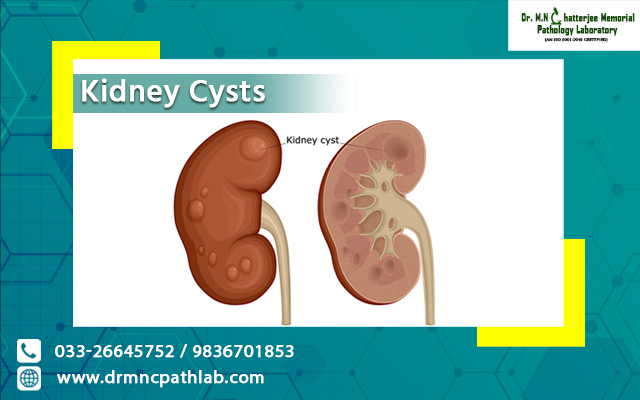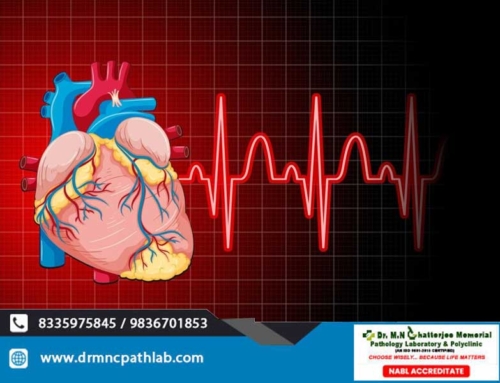The round pouches forming on or in the kidneys are kidney cysts. There is a connection between them and serious kidney disorders. These disorders can hamper the normal functioning of the kidneys. Kidney cysts are of two types. They are simple kidney cysts and polycystic kidney disease. The simple kidney cysts are noncancerous. They contain a fluid similar to water and their walls are thin. Proper diagnostic tests can help the doctor to detect the presence of these cysts in your body. The pathologists at a pathology centre near me carry out many such tests.
Symptoms
You will have various symptoms when the size of the cysts increase or becomes infected.
- Pain in your side or back between your pelvis and ribs
- Fever
- Swelling of the abdomen
- Pain in your upper abdomen
- Frequent urination
- Dark urine
- Blood in the urine
Causes
According to a theory, the kidney’s surface layer sometimes weakens and this leads to the formation of a pouch. It detaches after being filled with fluid and then it develops into a cyst.
Risk factors
As you grow older, your risk of developing kidney cysts increases. In comparison to women, the risk of developing kidney cysts is more in men.
Complications
There can be various complications due to kidney cysts. They are:
-
A burst cyst: If a kidney cyst bursts, it will cause severe pain in your side or back.
-
An infected cyst: There can be an infection in a kidney cyst, causing pain and fever.
-
Urine obstruction: The kidney can swell up when there is an obstruction in the flow of urine due to a kidney cyst.
Diagnosis
The tests and procedure for the diagnosis of simple kidney cysts are mentioned below. The pathology lab in Hooghly has the necessary equipment for these tests.
-
Imaging tests: The doctor can determine whether a kidney mass is a tumour or cyst with the help of imaging tests. These tests include CT scan, MRI and ultrasound.
-
Kidney function tests: It is possible for the doctor to know whether a cyst is hampering the functions of a kidney through kidney function tests.
Treatment
The doctor at the best polyclinic in Uttarpara recommends different treatment options for kidney cysts based on their condition. Some options are:
-
Sclerotherapy: The doctor inserts a thin, long needle into your body and moves it to the kidney cyst. He/she then drains the fluid from the cyst. In order to prevent the cyst from reforming, the doctor may use an alcohol solution to fill it.
-
Surgery: The surgical removal of the kidney cyst becomes necessary if it enlarges and creates problems in the normal functioning of the kidney. The surgeon often uses the laparoscopic procedure for surgery. He/she makes several small incisions and inserts a laparoscope with a camera and tiny surgical instruments through them. The surgeon will cut or burn the cyst walls after draining the cyst. After the procedure, you need to stay at the hospital for one or two days.






